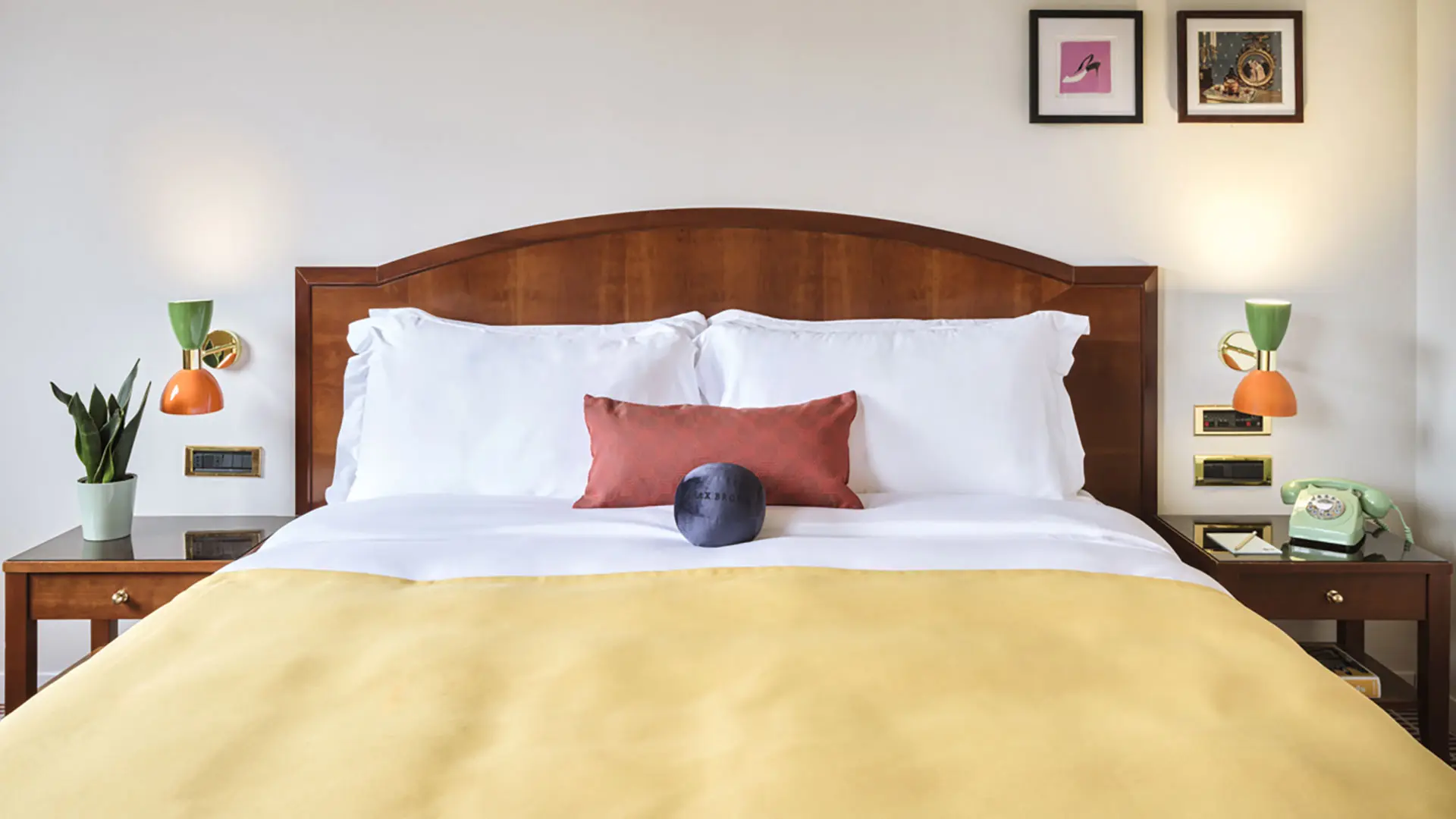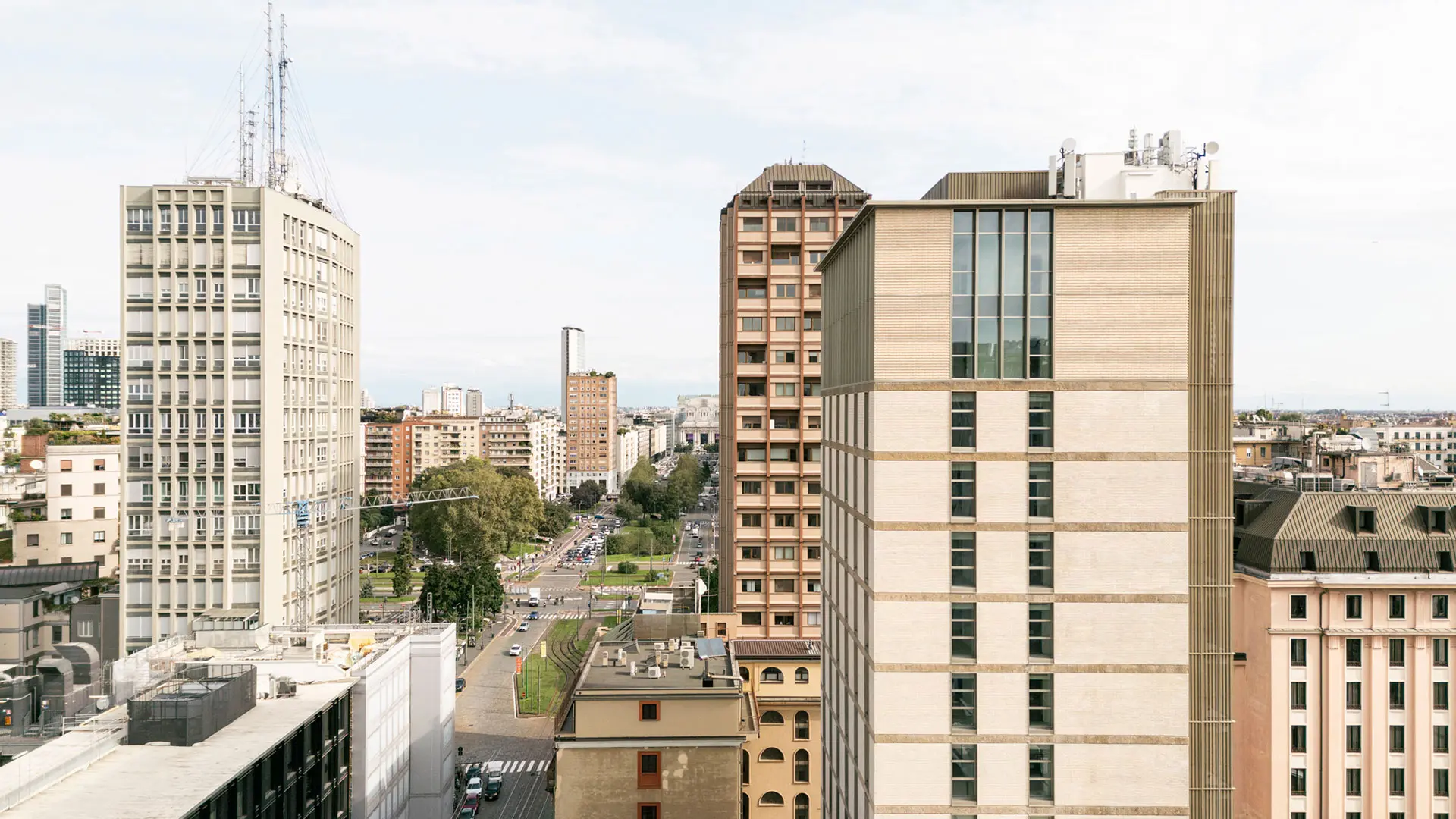In partnership with MiCodmc, a selection of establishments ripe for discovery during the 63rd edition of the Salone del Mobile.Milano, from 8th to 13th April
France, the transformation of furniture into lifestyle
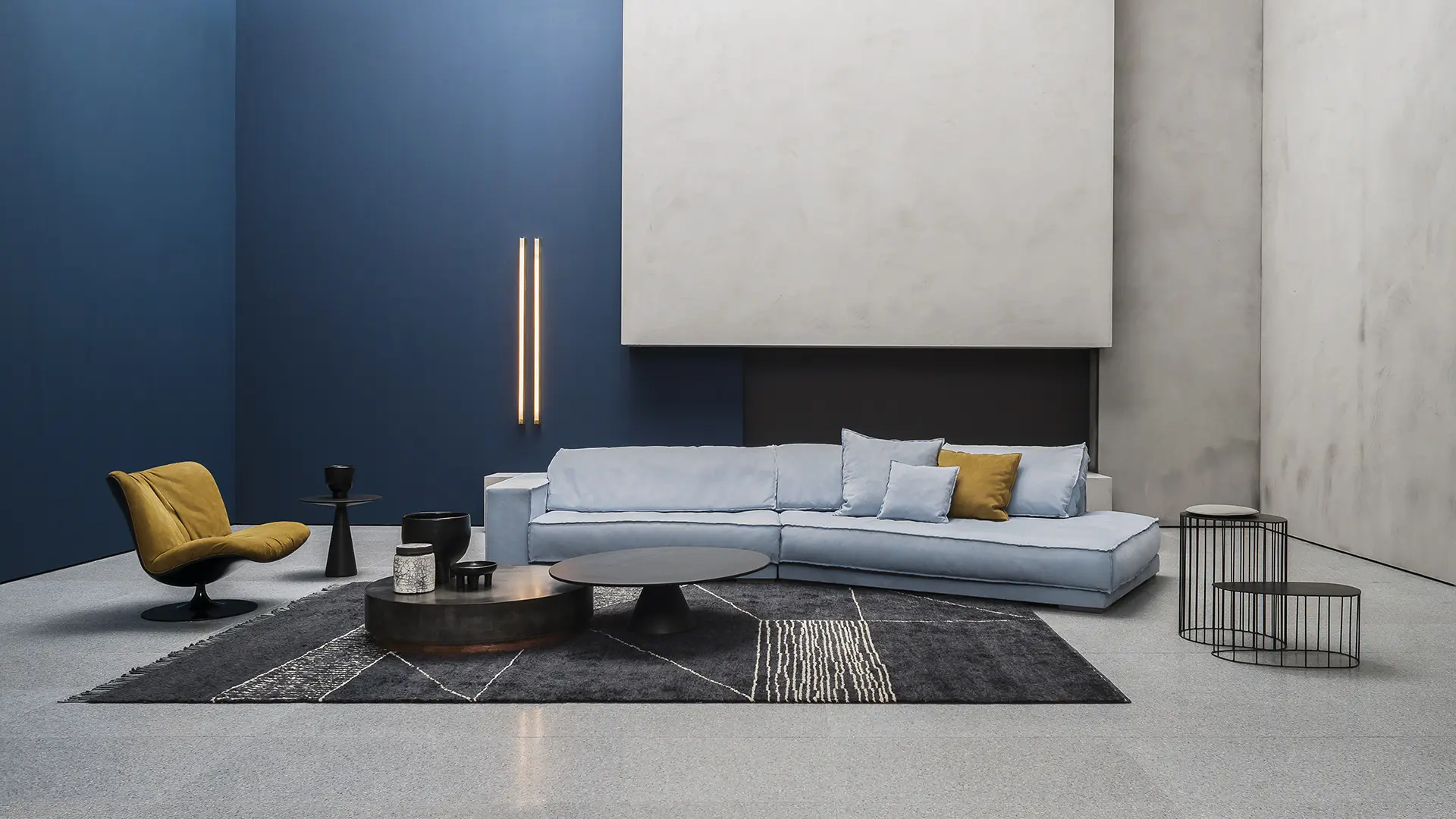
Budapest Soft, photo courtesy Baxter
France’s domestic market, not just for furniture, continues to grow after absorbing lockdown shocks. The latest trends range from outdoor to flexible, personalized service
The third largest production market in Europe and the world’s seventh-largest furniture sector market (CISL data), France is an international furniture industry leader that is playing a leadership role in post-pandemic Europe. In late January, The New York Times acknowledged France’s pulling power as it emerges from Covid-19, after the economy recorded 7% growth in 2021. According to Statista forecasts, French furniture industry revenue in 2022 will reach $27,228 million, and is expected to grow 1.95% per annum between now and 2026. With turnover of $8,232 million in 2022, the best-performing segment is living rooms.
Valeria Magistri, European market sales manager for Baxter, confirms French consumers’ interest in living rooms. She sees a new trend emerging too, not just in France: “The sofa remains the heart of the home, the place where people feel most at home. Upholstery and leather are our core business, but we are noticing growth in everything you’d define as lifestyle: objects and furnishings that make the home a special, unique place, like fine marble dining tables, bookcases instead of paintings, and lamps not just for lighting but to decorate space.”
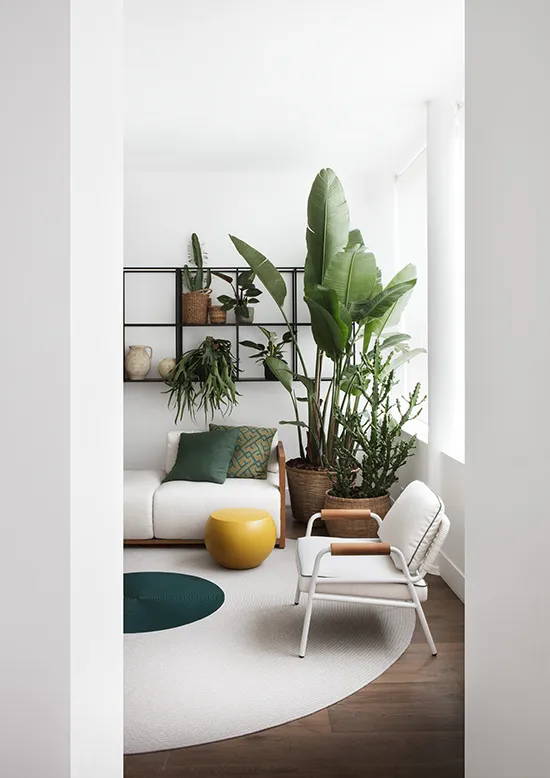
Meridiani Paris Store, photo courtesy
The French market seems to have done a good job absorbing the economic effects of lockdown. “Without a doubt, the pandemic had a greater impact on the supply chain than on consumption dynamics”, says Carlo Oliverio, Sales Director at Meridiani. “Driven by the renewed centrality of the home, consumption has been on a constant uptick since Q4 2020. For us, France has always been a benchmark: we opened our single-brand space in Paris in 2008, now at 278 Boulevard Saint Germain and currently undergoing a full refit. We have been regular attendees at the M&O fair since 2003, and will be there in 2023 too. Decorators and interior designers are the key players for distribution on the French market, which appreciates the versatility and breadth of Meridiani’s offerings.” Valeria Magistri takes a similar view: “France is a country of decorators who, at the high-end, never stopped working even when the pandemic was at its most acute. The sales network has absorbed raw material supply chain issues and their industry-wide impact on finished product delivery lead times. Consumers who buy a Baxter sofa don’t walk away because there’s a wait.”
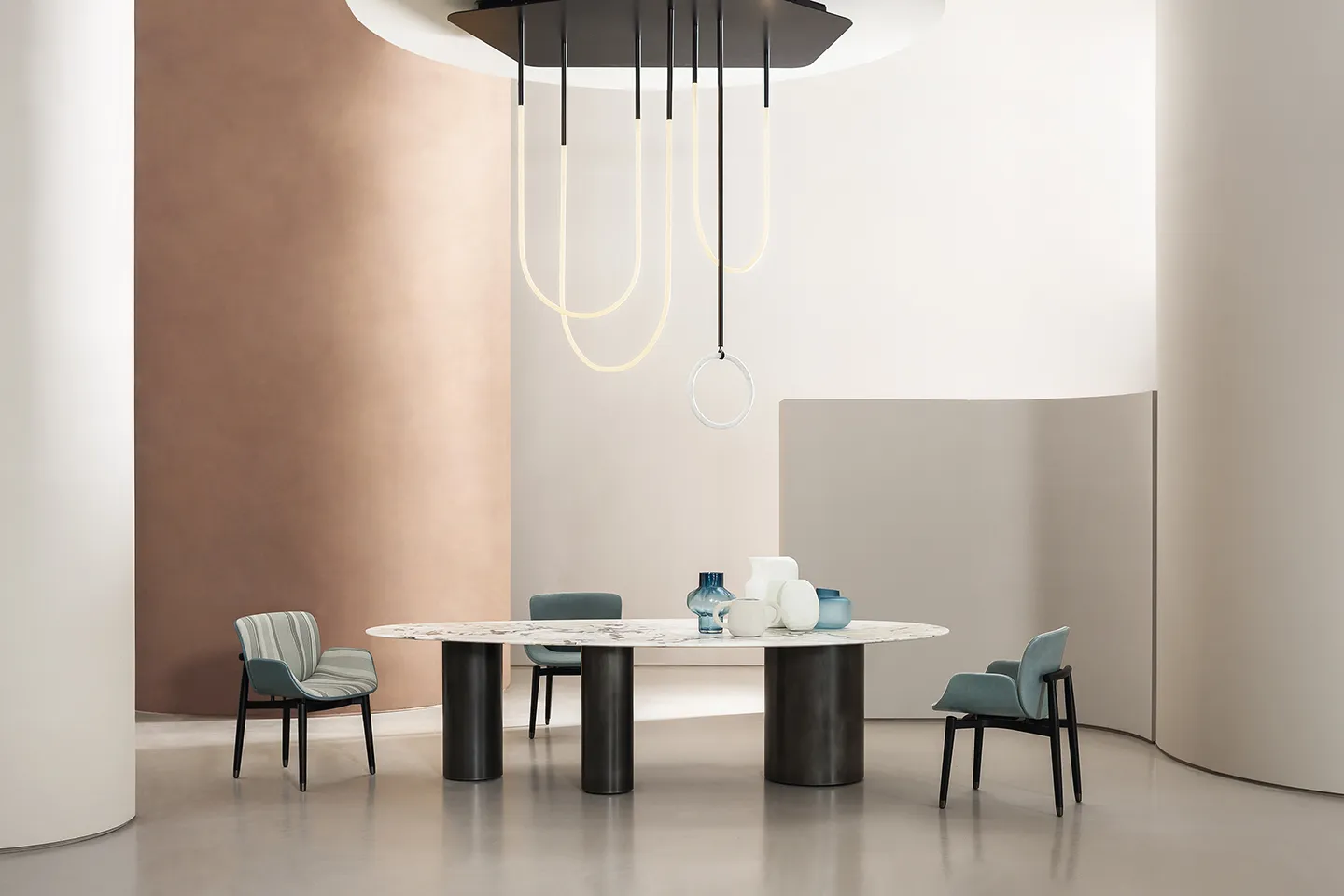
Lagos, photo courtesy Baxter
Pandemic-related changes continue to have a major impact on people’s habits and lifestyles. “We have definitely realized the importance of space within our homes,” Magistri continues. “Our own space to be able to work in, read a book or chat on the phone without bothering other members of the family. Hence demand for desks, armchairs, coffee tables that, of course, must be both beautiful and long-lasting. People want to live in a home they identify with, rather than a home that communicates their status. They seek products to live in, not show off, combining high quality with craftsmanship and sustainability. Outdoors, natural raw materials, flexibility and customization are the trends that emerged during and after the pandemic.” Baxter’s sales manager is of the same opinion: today’s high-end consumer wants to be treated as unique and special: “People are looking for luxury materials and companies that are flexible, competent and rapid in adapting to their interlocutors’ needs. These are the winning elements. We’ve added uniqueness and responsiveness to our watchwords of quality and service.”
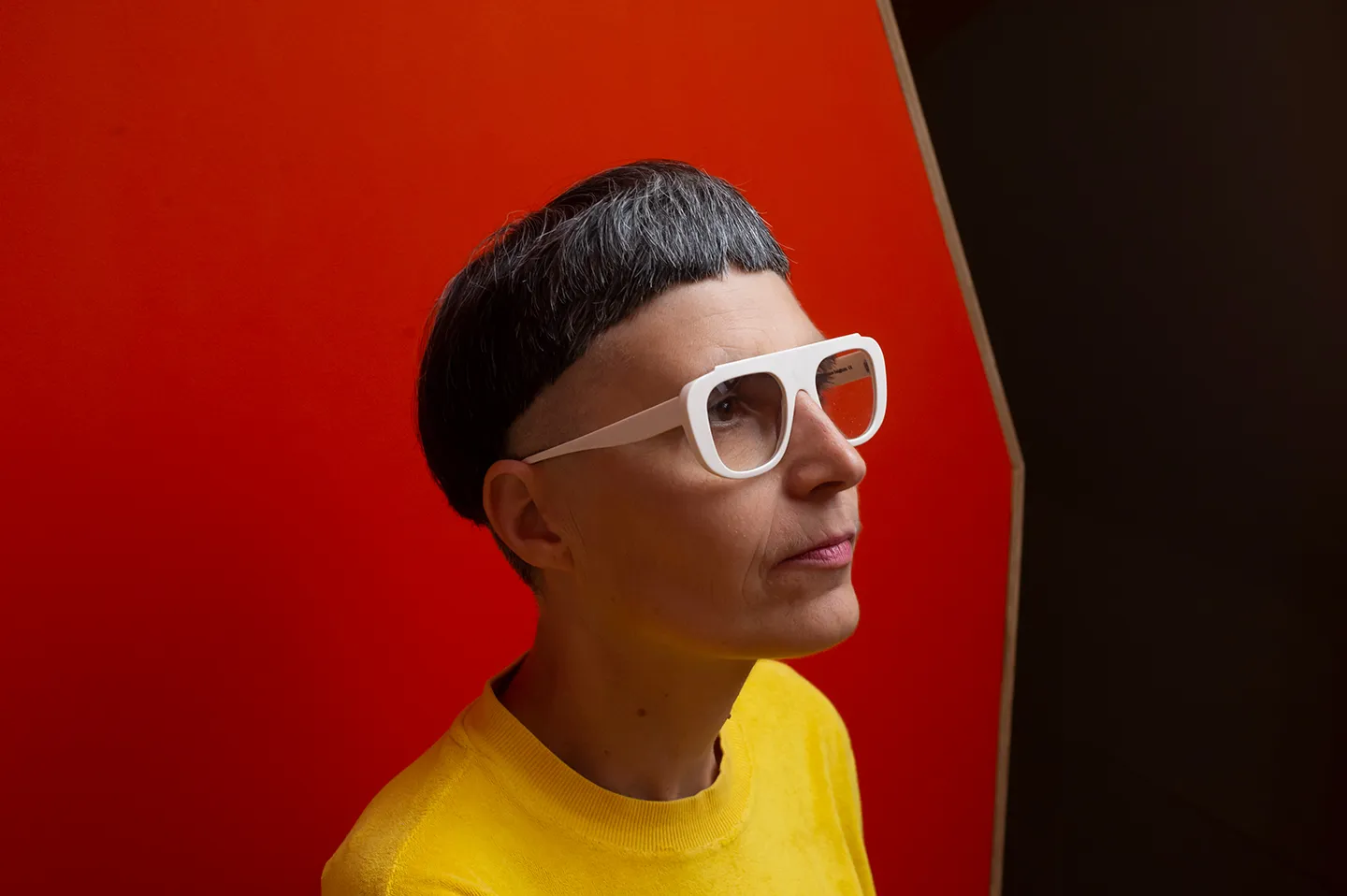
Matali Crasset, ph. Julien Jouanjus
French designer-architect Matali Crasset is highly philosophical and ecological about the pandemic’s cultural and social effects, and concomitant changes in behaviour. As the point of contact between producer/distributers and creators, her approach to creation is demonstrated by the archipelago she created inside the École Normale Supérieure Paris-Saclay, designed by the Renzo Piano Building Workshop. “It’s time to find a different way of creating,” she says, “or there’s no point continuing to manufacture. I don’t look at what’s going on in the market,” she explains, preferring to pursue an approach she defines as situé, ancré, meaning not tied to international taste but framed by specific context. “It no longer makes sense to produce the same way for the whole world. Better to create small, different ecosystems and leverage local know-how,” says Crasset. The importance of the local is inescapable: ecology is always linked to the social; it is impossible to pursue true environmental sustainability without considering social impact.
“I hope that with the pandemic, people have realized we need to change how we live, starting with how we buy. We must be aware of what we’re buying, the effects consumption has. It’s a complex thing,” the French designer concedes, “but it’s inescapable. Because it is so hugely complex, we must tackle this issue globally. During lockdown, I didn’t have a lot of room to work, to let the kids play, so I took a developmental approach. In many cases, our furniture production codes are obsolete. We need to go beyond cocoon style: too much protection, too much comfort, to the detriment of the idea of being active. If you’re keen to change, you start at home. The domestic is important: it gives us the confidence to try things out, experiment, change our lives and modify our approach to consumption.”
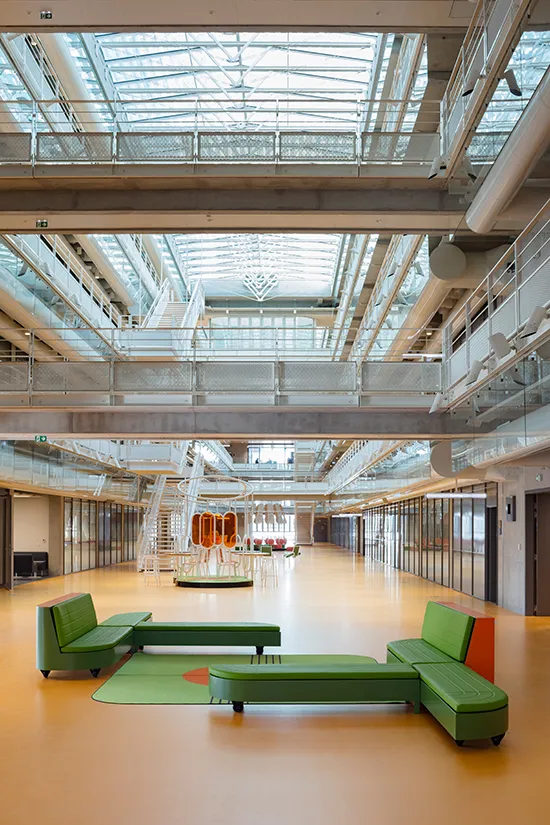
Archipelago by Matali Crasset, ph. Philippe Piron
Matali Crasset has an essentially affective relationship with Italy: she began her career with Denis Santachiara, through whom she discovered her admiration of creativity. For Carlo Oliverio, in France and elsewhere, Made in Italy is synonymous with high quality and exclusivity. “There are margins for growth if companies bring to market innovative products, and communicate using the methods and criteria of our times. In France, where taste is traditionally more decorative, more shabby chic, there are strong margins for growth with a niche product like Baxter.”
Valeria Magistri adds. “That’s of course in the country’s biggest cities, Paris above all, but we can’t forget Lyon, a city of antique dealers and art stores, or Marseilles, which is slowly shrugging off its reputation as a dangerous port city, and today hosts exhibitions and top-notch attractions, not least a Jeff Koons installation on loan from the Pinault collection. Last year, we put on an event in Bordeaux where we mixed design and art. Despite the pandemic-related restrictions, it was well-received by the public and trade press.”


 Markets
Markets




